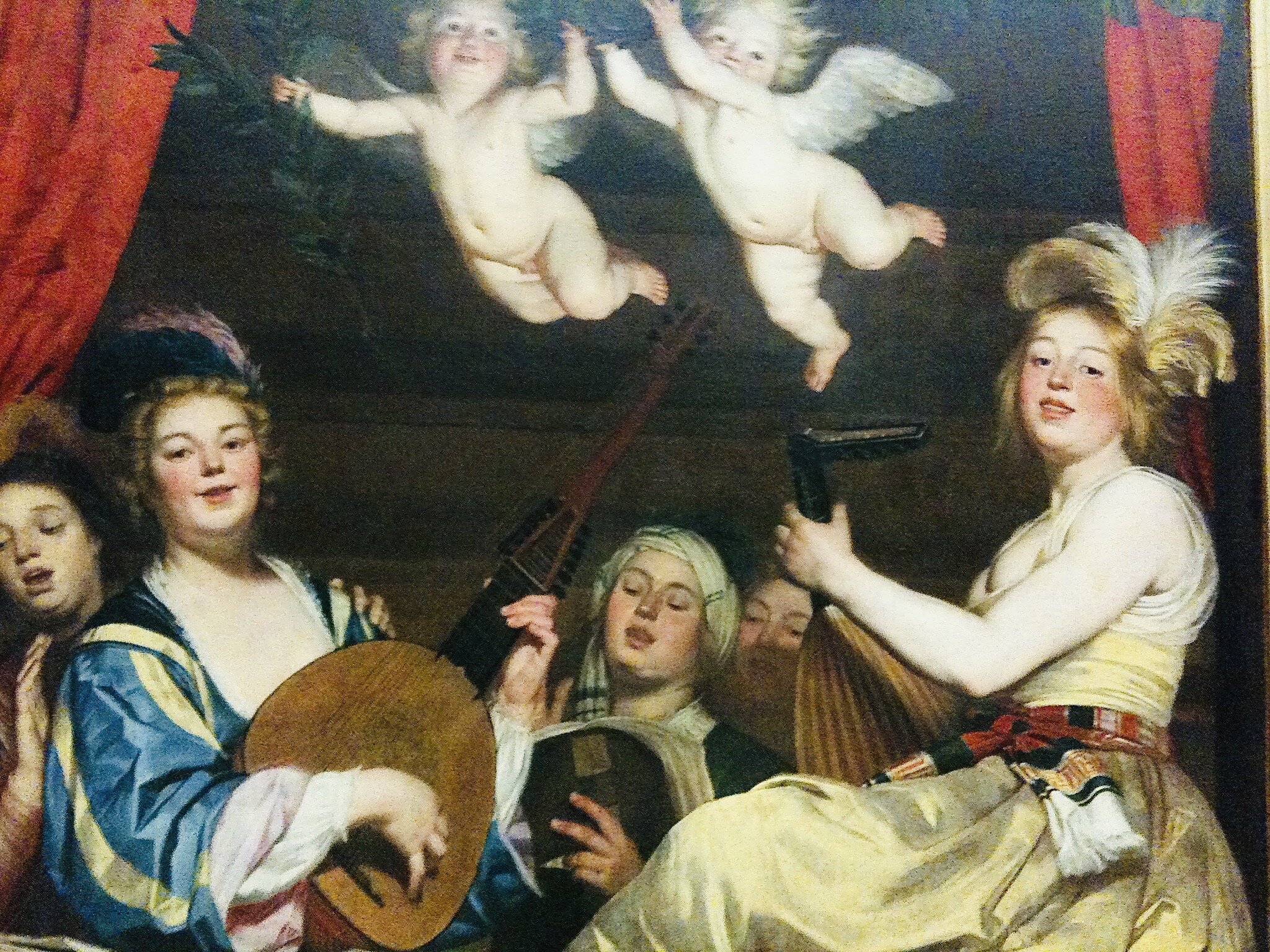Life in a Commune
A typical hippie commune?
Hippie Communes were quite the thing in the sixties and seventies. They came in a bewildering variety of styles and purposes, from evangelistic Christianity to Satanism, from free love to extraterrestrial castration and suicide cults.
I had stayed at the “House of Son-shine” commune, a musty old log cabin on the outskirts of Portland Oregon. In a dripping forest of Douglas firs, along the old Oregon Trail, maybe a dozen “Jesus Freaks” lived together platonically and sang every morning around the double oil drum wood stove.
Rise, Shine, and Give God the Glory, Glory
Rise, Shine, and Give God the Glory, Glory
RISE-AND-SHINE-AND-
Give God the Glory Glory
Children of the Lord…
There was no pot or acid allowed in the commune, which was a bummer for me, but there were no junkies or speed freaks either, which was a relief. The platonic part was a deal breaker though. The young women were cute and friendly, but unavailable—more interested in Jesus than courtship. I was more interested in finding my own true love than speaking in tongues, so I bailed.
A famous commune at the end of the sixties was The Family, Charles Manson’s lash-up at a decaying “movie ranch” in Los Angeles. In late 1969, I was traveling from San Francisco to the East Coast with five other young hippies in a rattletrap VW van.
When our expedition got to Southern California, the papers on the newsstand were full of the Tate-LaBianca killings. Scary pictures of Charles Manson and his hippie cohorts ran above the headlines. I was so glad I wasn’t hitchhiking.
Another famous commune was The Farm, a group of San Francisco hippies who followed a self-styled guru named Steve Gaskin to a spot in Tennessee. Some of my high school friends joined the pilgrimage and drove east in old school busses to raise sorghum, soybeans, and lots of babies. Guru Steve pretty much ran things, and determined who worked where, who slept with whom, and which girls slept with the guru. Saint Stephen was the name of a song by the Grateful Dead. I love the version on Live Dead, an album from 1969.
I’d had enough of religion and “spirituality” by then, and wasn’t interested in a guru, or in raising sorghum or soybeans. I’d had enough of farm life back in Arkansas in the fifties. I stayed in California.
It wasn’t until 1972 that I actually lived in a commune. I had a wife by then, and we were expecting our first child. Living at Flywheel was lots of fun. A houseful of artists, we fed off each other’s ideas and threw a party every weekend. We didn’t have a television, but life in the commune often resembled a situation comedy, with the additions of casual nudity and weed smoking.
Our baby was growing and soon learned how to crawl. The little tow-headed angel could pop up anywhere in the house—or disappear and cause general alarm. Once we had a cocktail party. We invited all our friends over for martinis. Some folks didn’t really care for gin and left their unfinished drinks on the floor.
The next day, while all hands were cleaning up, my wife Susie went into our bedroom to check on the baby.
“Ezra’s gone!” said the teenage mother, with a note of panic in her voice. The rest of us ran to the front bedroom, then fanned out through the house, searching. Josie found the little tyke, curled up around a martini glass, sound asleep behind a couch.
“Just keep an eye on him,” said the help nurse over the phone. “If he vomits, make sure he is breathing okay, and bring him in if you’re worried.”
After Ezra slept it off, Susie and I decided we should move out and get a place of our own. Jim and his new girlfriend, Irene, did the same, and Josie lit out to Montana in her hippie van. Skip Strobel came gleefully out of the closet, then moved to Rome to pursue a career in cinema. This chapter of Flywheel was over.
Living in a commune was kind of a thrill, but a nuclear family worked better for raising children. To find out how it all worked out, read Lightbulb Coffee, or How I Survived the Sixties.


